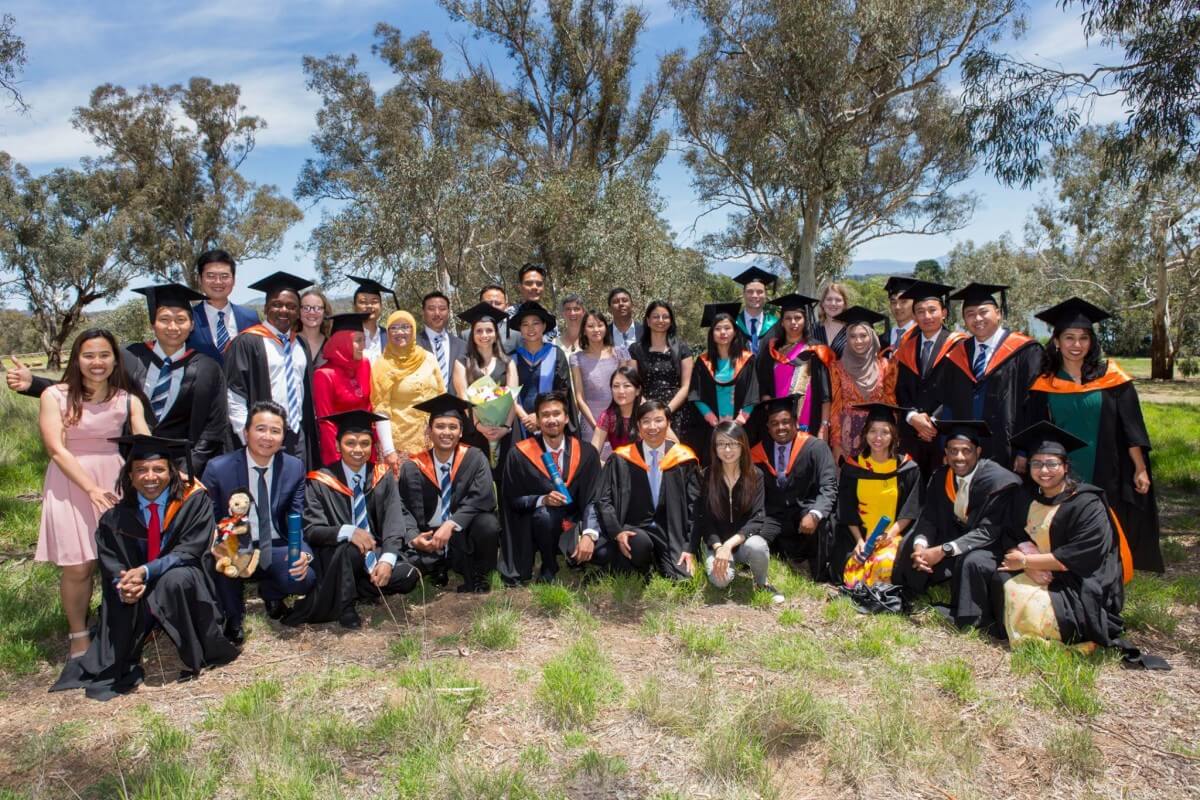“The world’s many policy challenges demand that we who are privileged to work in universities bring the best evidence to bear on the problems facing society.” – Professor Helen Sullivan, Director of the Crawford School of Public Policy at ANU
In a political landscape wrought with challenge and complexity, the development of prudent public policies becomes incredibly important. Qualified professionals who give their lives to this field soon become the leading lights who guide the hands of politicians, crafting the procedures and protocols that shape a brighter world.
“In a time of constrained public finances, politicians must make difficult decisions about allocating resources,” says Professor Helen Sullivan, Director of the Crawford School of Public Policy (CSPP) at the Australian National University (ANU).
“Focusing on impact appears to offer a way of doing that, and as a consequence universities all over the world are now scrambling to try and demonstrate and quantify the difference they make to the economy, society and culture,” she adds.
“Public policy schools – which are by nature designed to have an impact – have always experienced this pressure to account for their activities. However, these schools frequently find themselves criticised for not meeting the needs of policymakers, failing to bridge the gap between policy and academia, and for publishing in academic journals that no one reads on issues that don’t address Australia’s concerns.”

Acknowledging this, ANU’s CSPP gives that something special. This is a school that is committed to giving not just Australia, but the world, exactly what it needs; granting students with the expertise needed to shine as these influential figures.
As Asia and the Pacific’s (APAC) leading graduate School of Public Policy, CSPP’s Master of Public Policy (MPP) blends engaging, case-based teaching styles to prepare you for policymaking roles in the public, private and not-for-profit sectors.
This program is ideal for those who are kick-starting their career, while no work experience is required for those hoping to gain entry to the course. Crawford’s MPP is globally known and respected, examining public policy processes and institutions for those keen to pursue a career in all levels of government.
The MPP also prepares students for public policy analysis and research, teaching participants how to communicate effectively on policy-relevant matters. Through interactive, case-based teaching, students reflect on the issues of governing policy in a dynamic, global and increasingly digitised world.

Here, lecturers also stand as prominent researchers of the field, delving into studies of comparative public policy, policy reform, national and international governance; as well as specialist disciplines in social policy, energy, environment, food, health and biofuels. Teaching combines both theory and practical elements, equipping students with an ‘analytical toolbox’ that allows them to produce high-quality policy analysis in design, advocacy and evaluation, not to mention its potential to instil political and program management abilities.
Building on this course is the brand-new Executive Master of Public Policy (EMPP), preparing students to become powerful leaders in the professional field. As with the MPP, this program starts with vital foundations that form the heart of this discipline: evidence and analysis to determine efficient policy.
Throughout this innovative course, students reflect on their extensive policy experience to promote analytic, strategic and reflective thinking. You will finish the EMPP equipped with cutting-edge conceptual and analytic capabilities, also becoming fluent in the art of policy persuasion and communication.
This one-year Executive Masters degree provides a unique insight to the upper-management levels that surround policymaking, standing as the nation’s only specialised course of its kind. Designed and delivered by prominent scholars that represent CSPP, the program promises a case-based blend of interactive and intensive teaching strategies.

The fundamental aim of this degree is to bring rigorous scholarship to bear on contemporary national, regional and global issues. Through carefully-structured modules and the opportunity to pursue an Applied Policy Project, Research Project or internship position, students leave instilled with the with sought-after critical thinking, research, data interpretation, analysis, leadership and communication expertise.
Above all else, these courses and the CSPP are serving global demand for highly-qualified public policy professionals. Graduates go on to drive positive change in notable positions. What does this mean in terms of solving the most complex global challenges of public policy?
“The good news is this sort of deep engagement is happening all the time in public policy schools.” Professor Sullivan explains. “It is what we do. These interactions with policymakers are necessarily rational, developed over time, and based on shared trust and commitment to public policy. They require academics to really listen to the needs and fears of policymakers…
“The world’s many policy challenges demand that we who are privileged to work with universities bring the best evidence to bear on the problems facing society,” the Professor concludes. “The evidence will rarely provide the ‘silver bullet’ that many politicians want. But it will be defensible and it will help build towards the solutions we need.”
Follow CSPP on Facebook, Twitter, YouTube and Instagram
Liked this? Then you’ll love these…
Australian National University: A global leader in National Security Policy Studies











